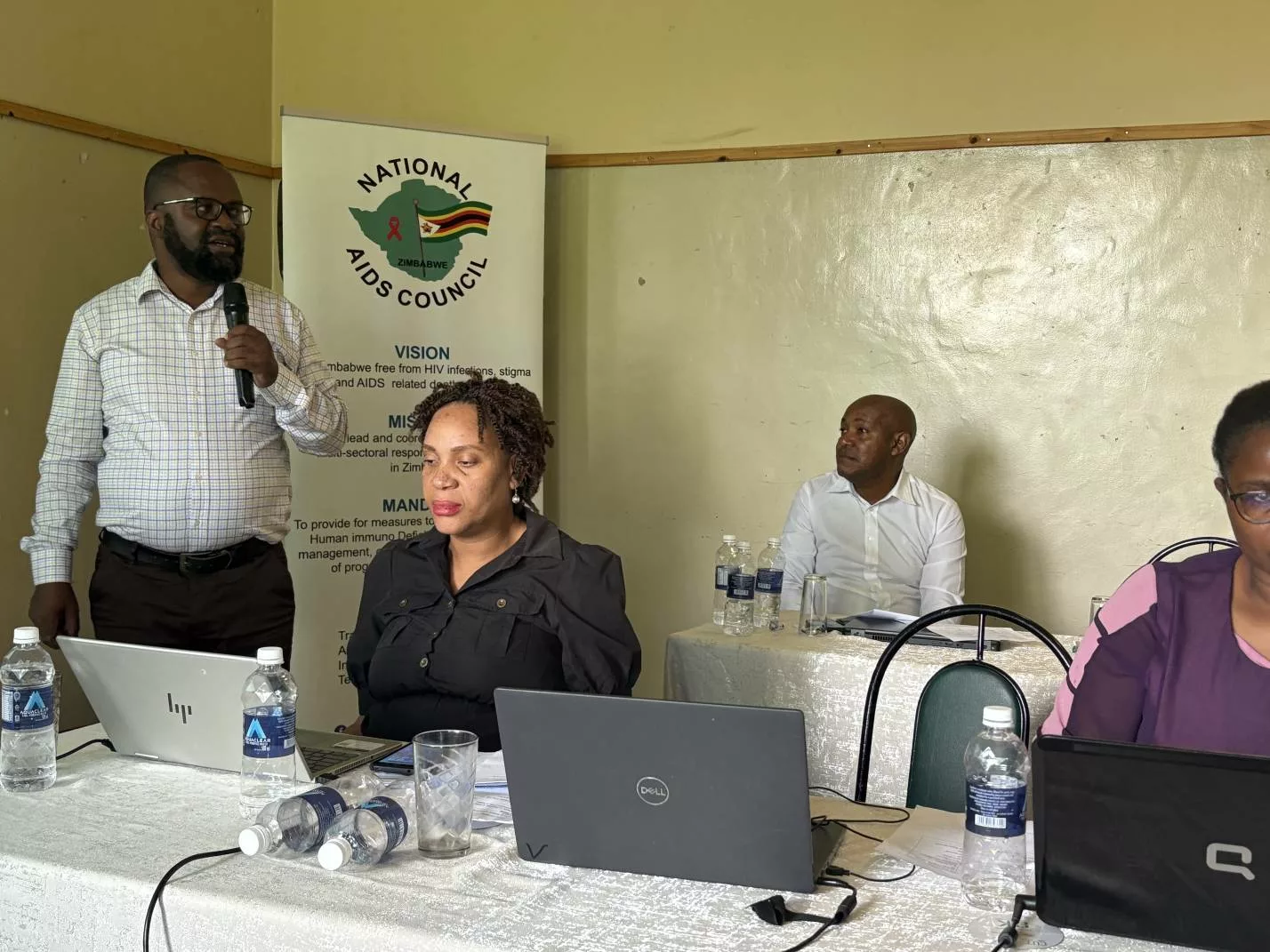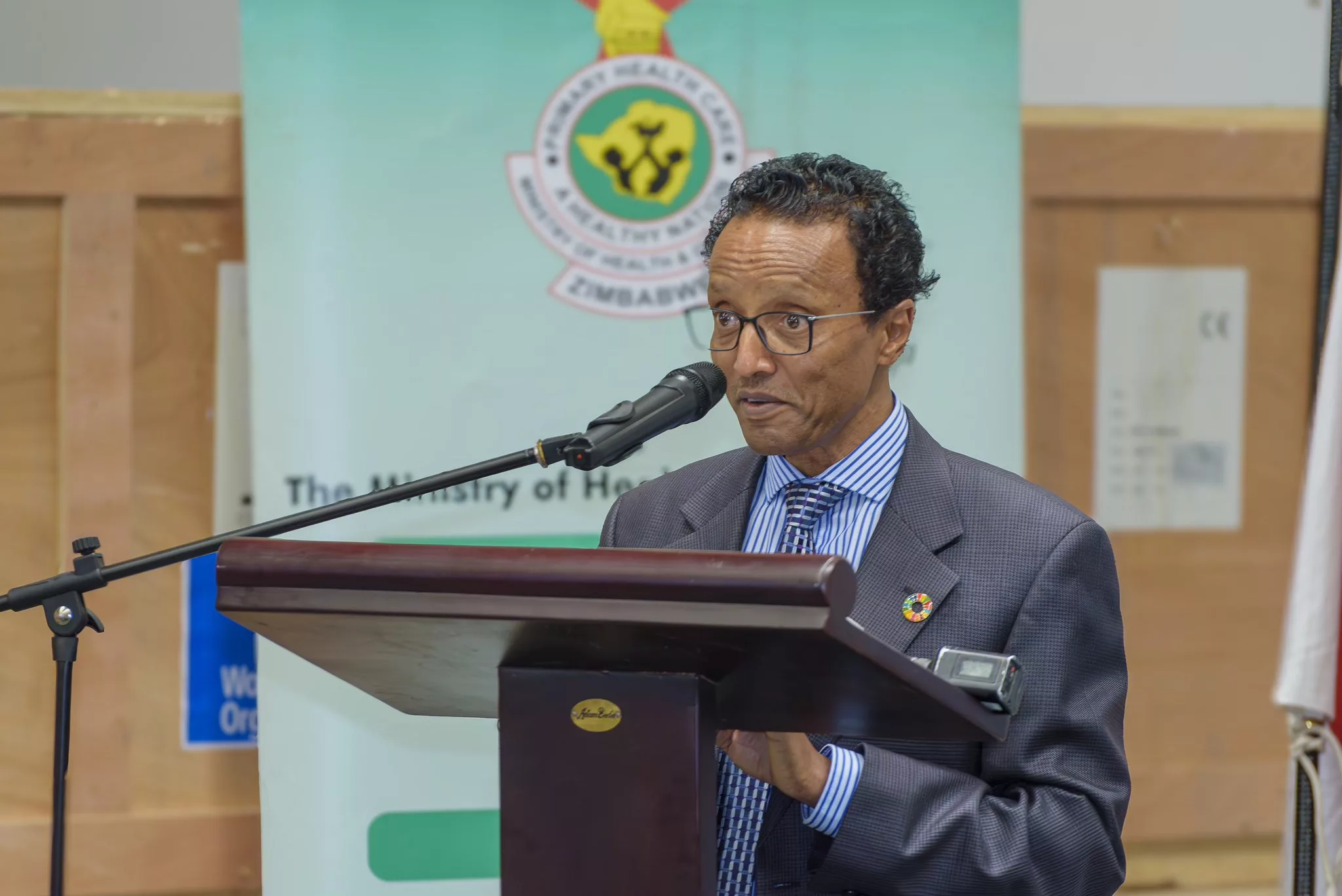|
Getting your Trinity Audio player ready...
|
To boost the immunity of HIV-positive people, wild or Indigenous plants are sources of key nutrients and useful to ensure healthy living, Dr. Batsirai Chipurura from the Department of Nutrition Dietetics and Food Sciences at the University of Zimbabwe has said.
He was addressing participants attending a workshop organised by the National AIDS Council in Chinhoyi today where he emphasised the importance of growing indigenous plants eaten by our ancestors.
Chipurura said research shows that these plants are healthy and have no side effects.
“HIV is about the immune system so food is important for the immune system. Statistics indicate that 795 million people worldwide do not have enough food to lead a healthy, active life. This will translate to about one in nine people worldwide. We are saying the vast majority of the world’s hungry people live in developing countries including our own, Zimbabwe, where 12.9% of the population is undernourished. Sub-Saharan Africa is the region with the highest prevalence of hunger.
“When we talk about hidden hunger, we are talking about minerals and vitamins that are important for our immune system. The problem faced by healthy individuals and those who are HIV-positive has to do with nutrition. Three minerals are important for our immune system. These are vitamin A, iron, and zinc,” Dr Chipururo said.
In Zimbabwe, an estimated 250 preschool children are vitamin A-deficient. Plants like papaya are very rich in Vitamin A. Vitamin A deficiency is the leading cause of preventable blindness in children and it also increases the risk of disease and death from severe infections.
Over 30% of the world’s population is anemic, mainly due to iron deficiency so there’s no significant difference between those who are poor and
rich in terms of being anemic. In resource-poor areas, this is worsened by infectious diseases including malaria, and HIV.
A lack of zinc causes morbidity from many common childhood infections, including diarrhea, pneumonia, and malaria. Zinc supplements should be complemented with indigenous plants.
In Zimbabwe, there are increased risks of stunting and underweight in children, necessitating the need for infant and young children feeding programs. For pregnant and breastfeeding women, the lack of iron supplementation has been identified as a significant risk factor leading to anemia and the prevalence of HIV.
There is an interplay between HIV and nutrition.
“HIV can lead to poor nutrition. If you are sick with HIV, this will result in weight loss, muscle wasting, weakness, nutrition, and nutrient deficiencies. And at the end of the day, poor nutrition will lead to an impaired immune system. So an impaired immune system will have a poor ability to fight HIV and other infections. As a result of HIV, there will be reduced food intake and increased loss of nutrition leading to poor nutrition.
“HIV results in heightened metabolic demands. Thus we need protein and complex carbohydrates for sustained energy and fiber while limiting all single sugars. Our bodies need unsaturated fats that are important for energy and nutrient absorption. So with people living with HIV, we need to limit saturated fats and adequate fluid intake. Water is important for those who are living with HIV for hydration and improved health.”
Dr. Chipururo encouraged dietary modification and food fortification, as well as supplementation. He said nutrition education is important.
“For example, meal planning. What should you eat for breakfast? What are you going to eat for lunch? What are you going to eat for supper? Also, the methods of food preparation are important. Some of our fruits and vegetables are very rich in micronutrients.”
Studies by the UZ found out that there are a lot of phytochemicals in quelea bird meat and indigenous fruits and vegetables that can prevent diabetes and cancer.
Madeline Dube, the NAC communications director, emphasised the importance of increasing micronutrient intake. Micronutrients are vitamins and minerals. She said the gastronomy project being spearheaded by First Lady Auxillia Mnangagwa is important in encouraging citizens to consume locally available, healthy traditional food.






